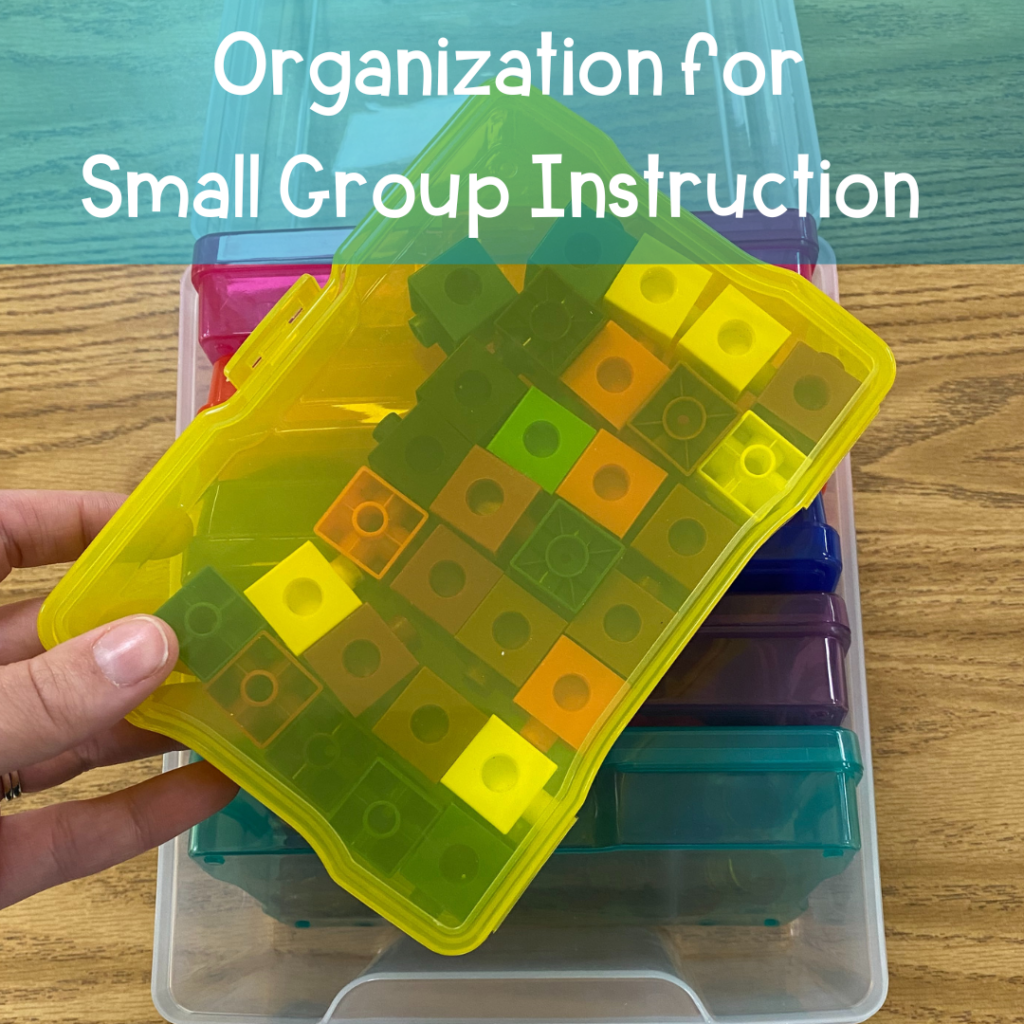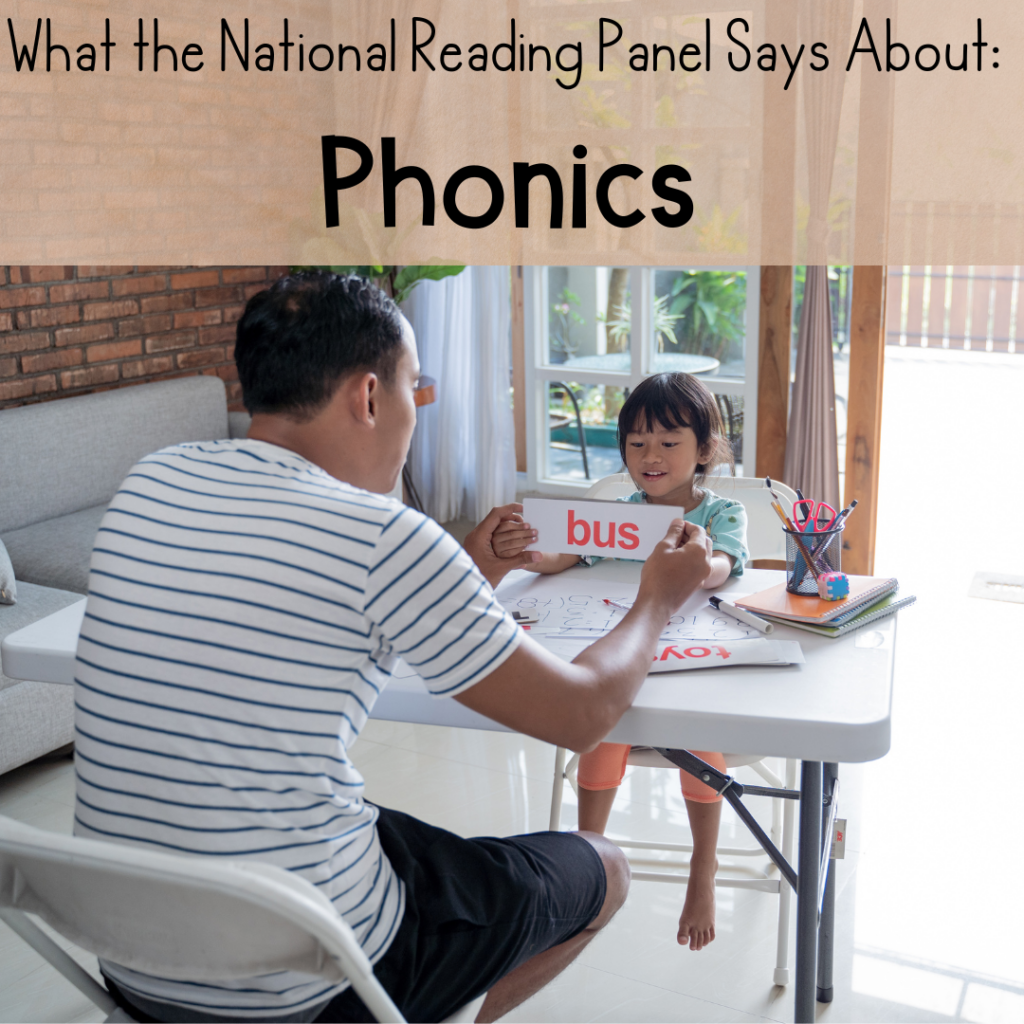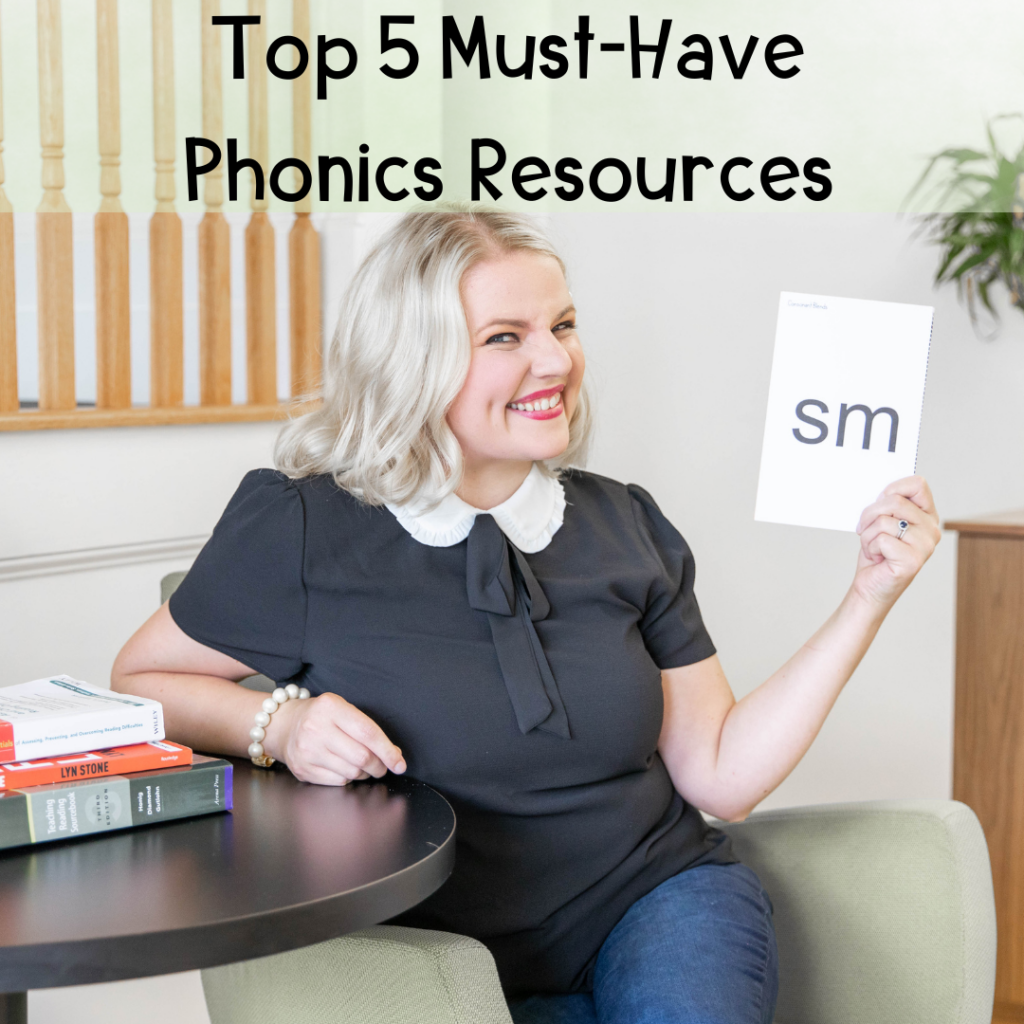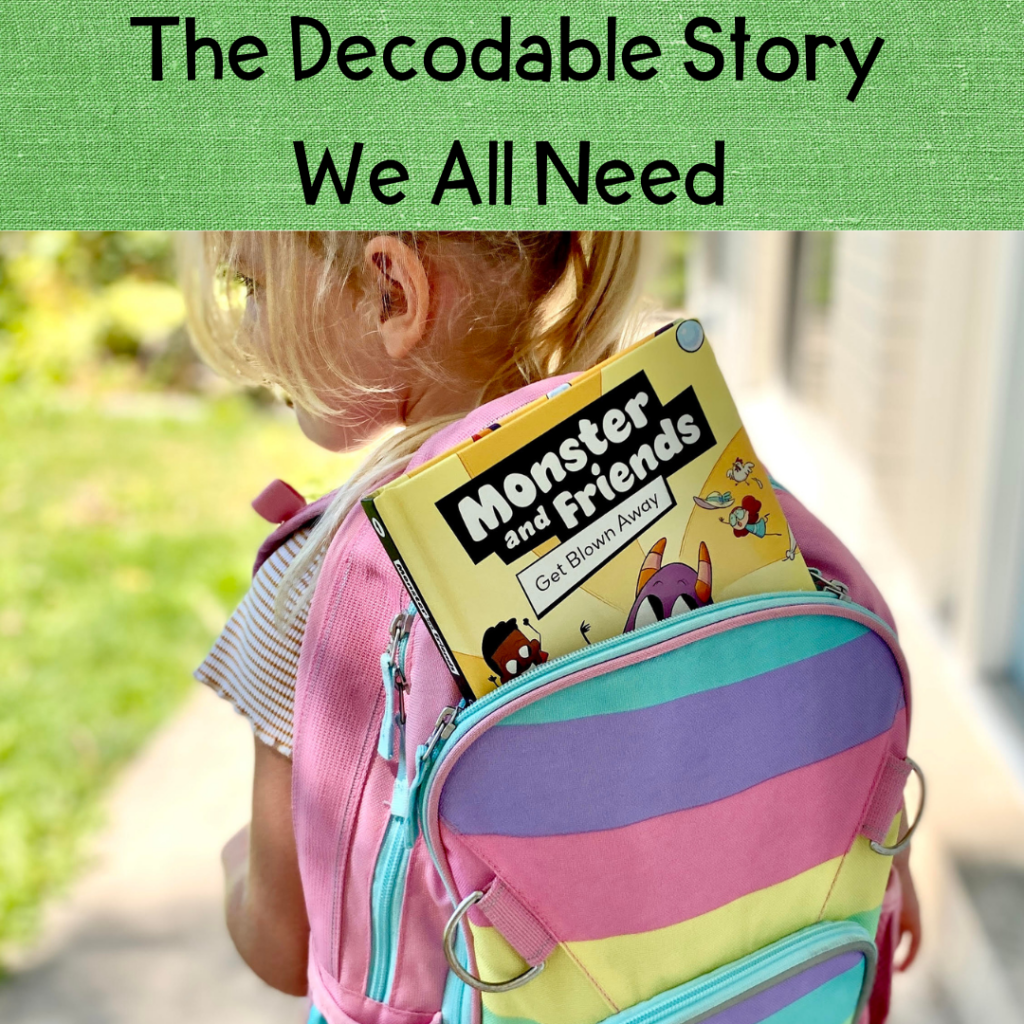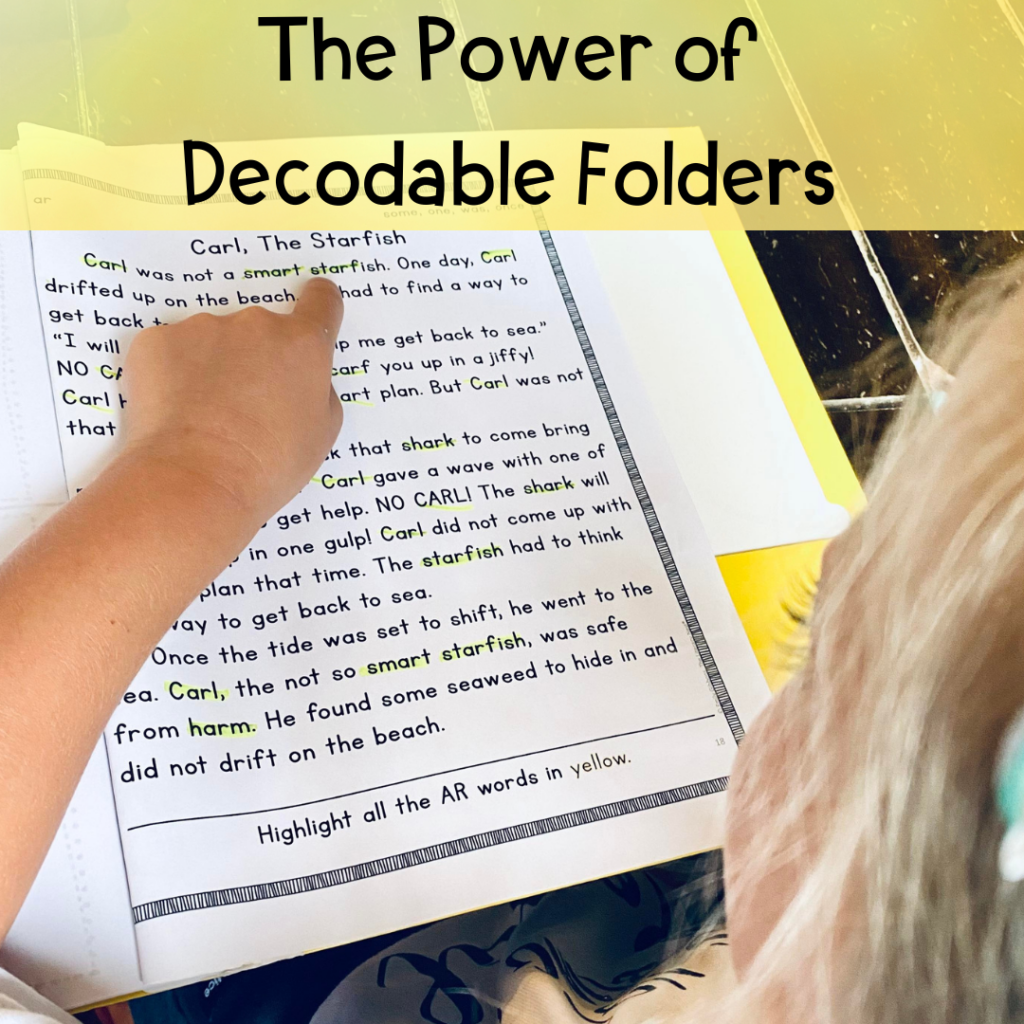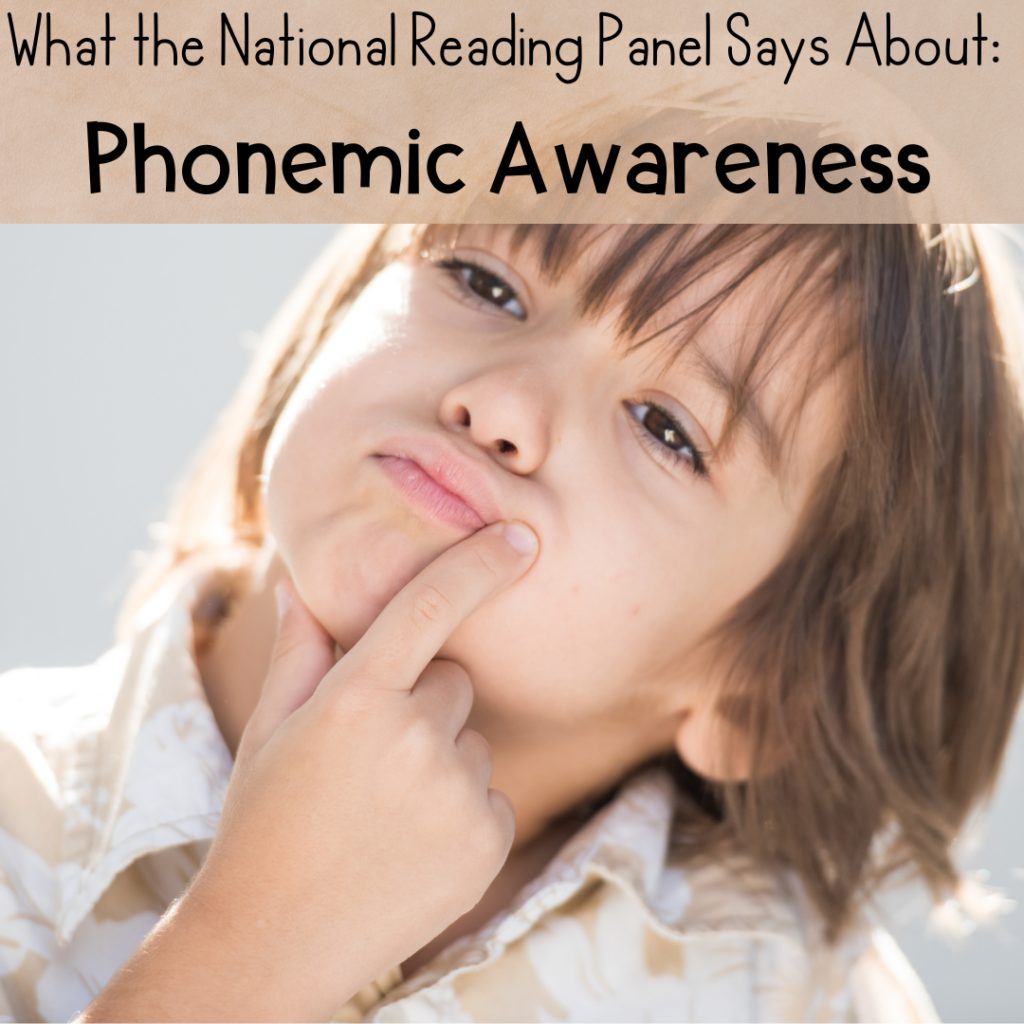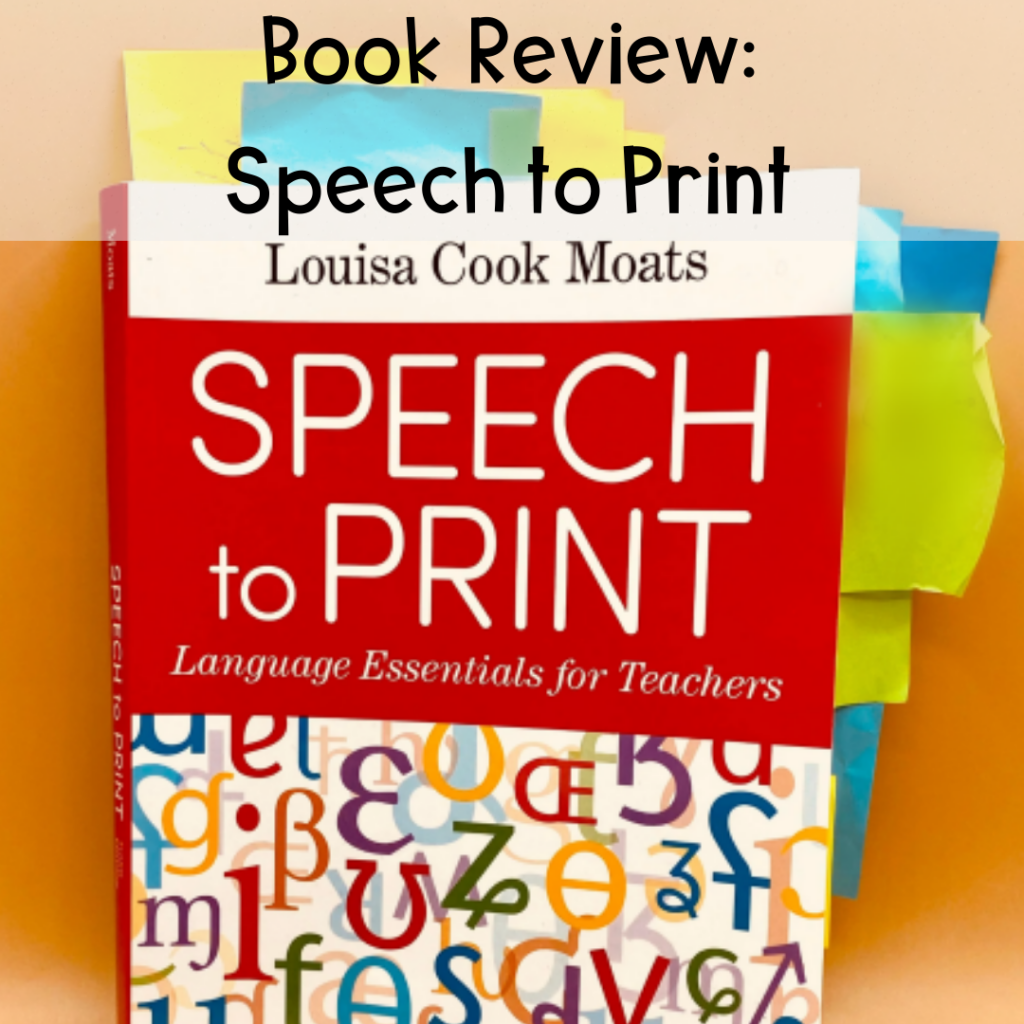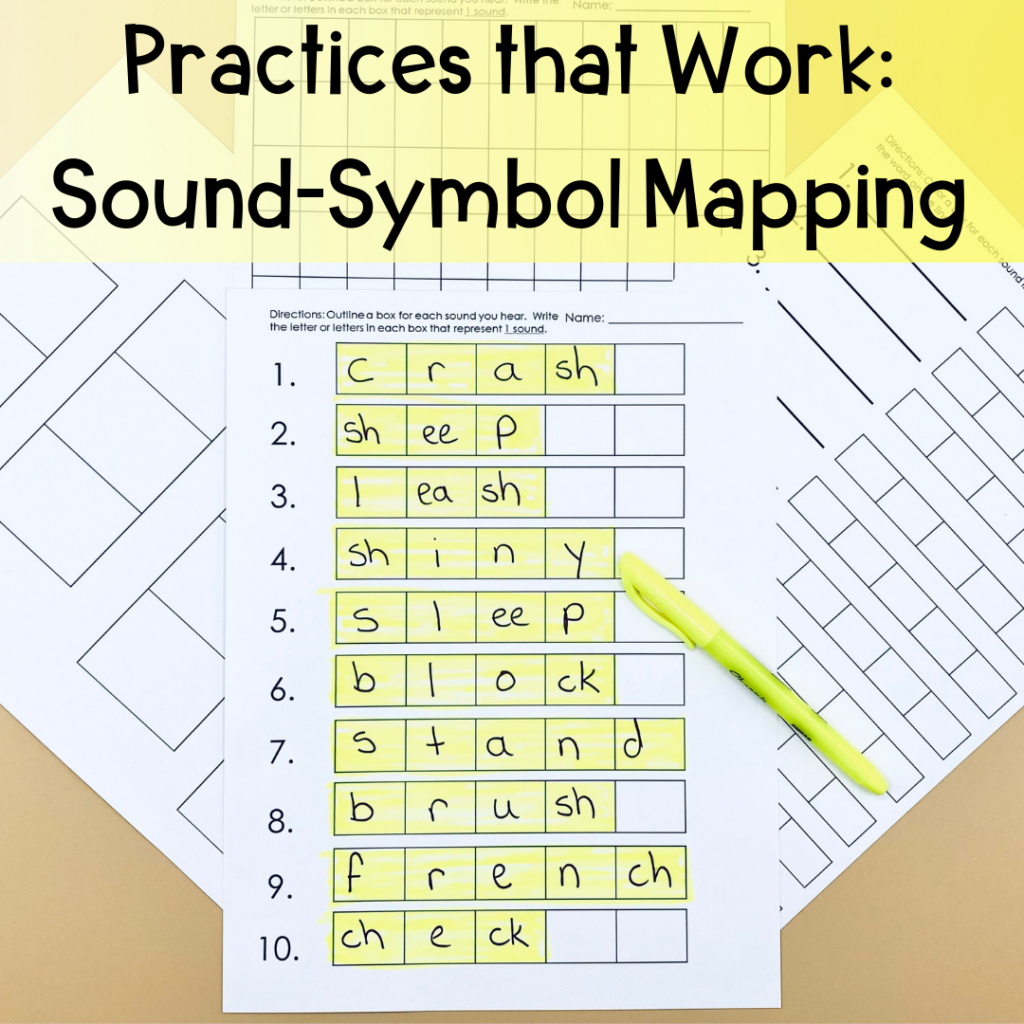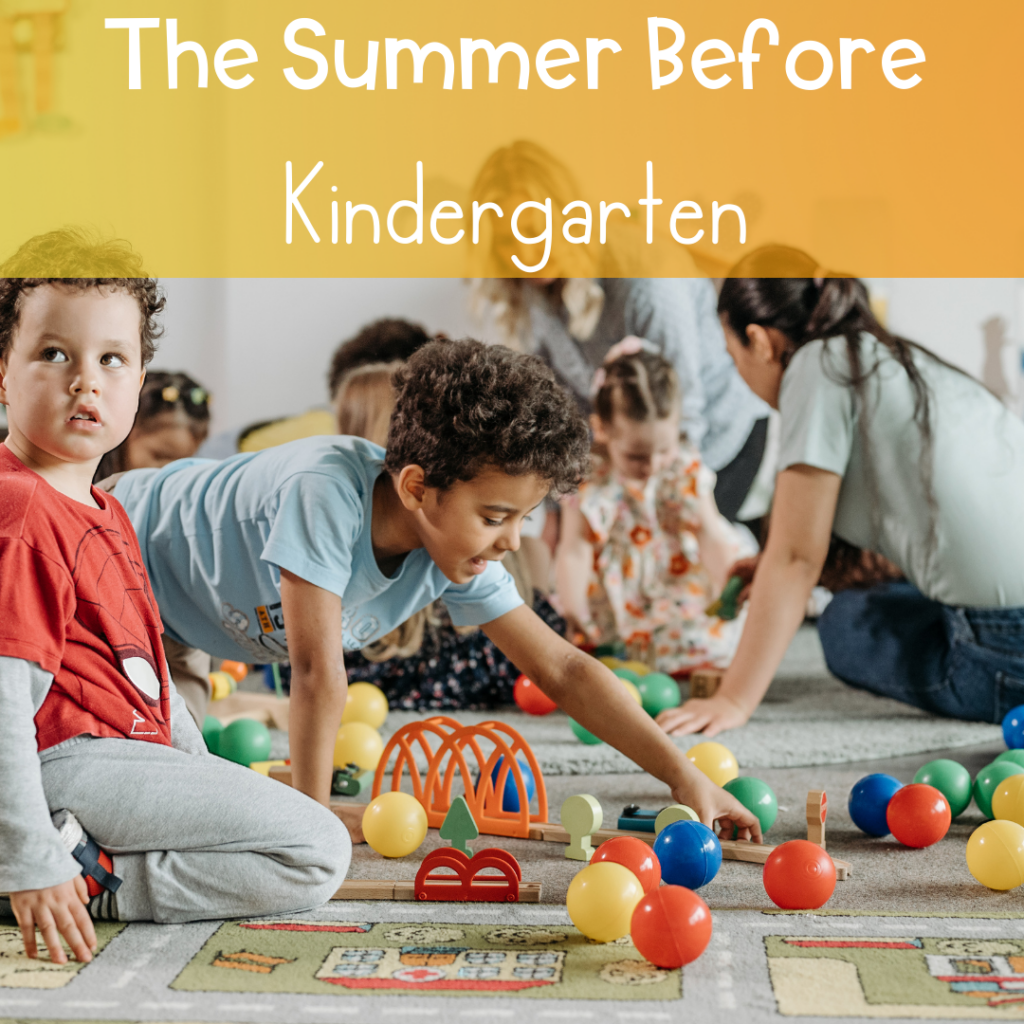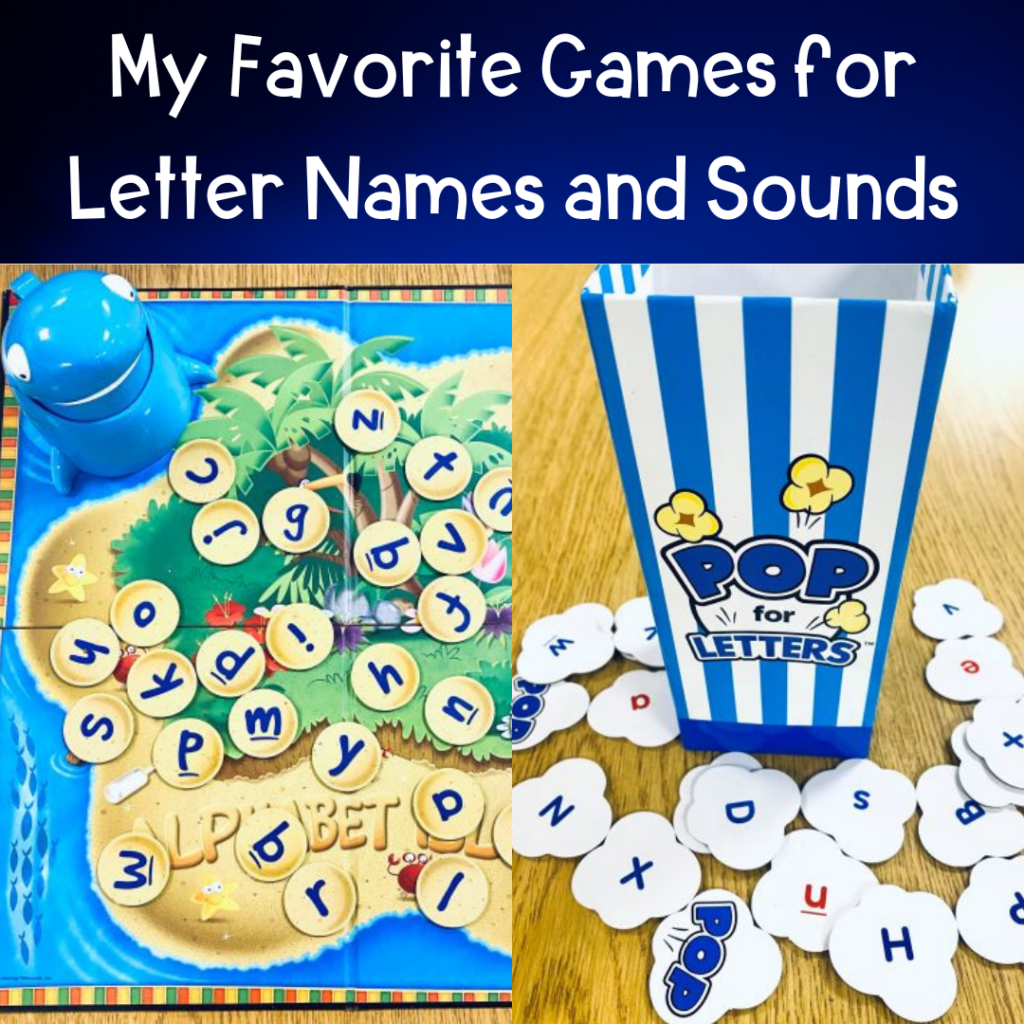
- Alphabet Knowledge, Phonics
In general, I don’t play games every day with my students (or every week.) There is one huge exception to that rule, though: kindergarten. In my kindergarten groups with students who are still learning their letters, I play games almost daily. The reason why is two-fold. For starters, kindergarteners are still learning to adjust to school and need to shift

